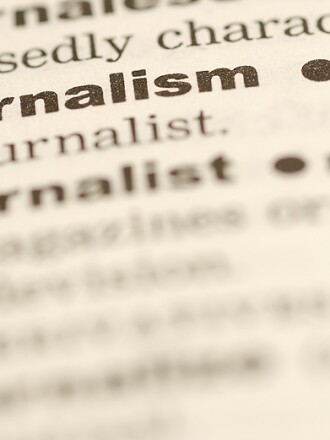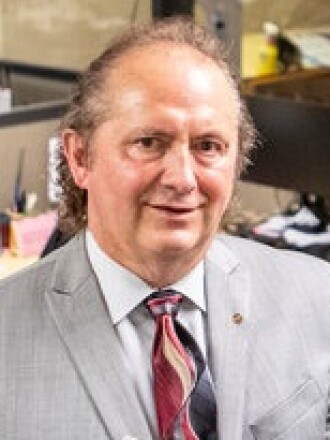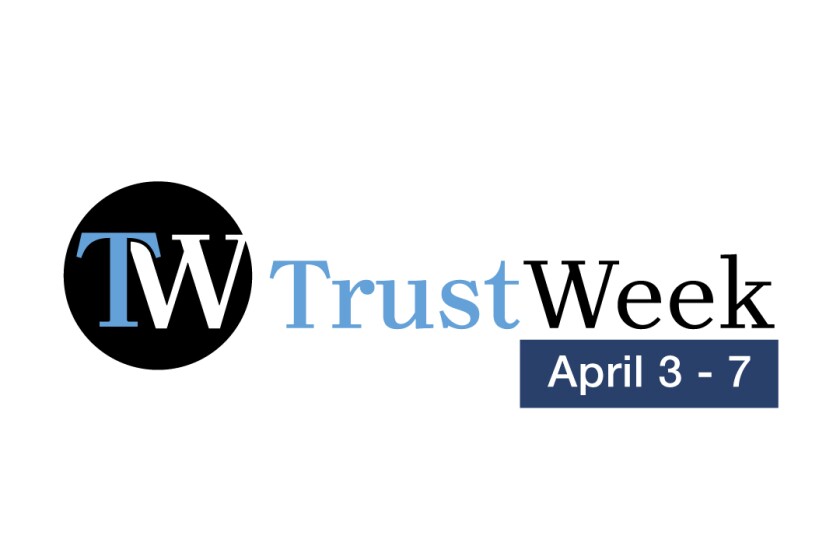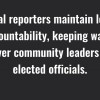WILLMAR — Journalism ethics are the common values that guide reporters and editors in our profession. These ethics have evolved over time, especially during the latter half of the 20th Century.
Ethics are important in the journalism profession because if a professional news organization or journalist violates those ethical standards, they can easily lose credibility — the quality of being trusted and believed in.
ADVERTISEMENT

Most media companies and associations have their own ethics policy that offers specific guidance for their associates to follow. All follow the Code of Ethics, which is .
As the society's preamble states, "Ethical journalism strives to ensure the free exchange of information that is accurate, fair and thorough. An ethical journalist acts with integrity."
ethics policy contains these core principles:
- Seek truth and report it: Ethical journalism should be accurate and fair. Journalists should be honest and courageous in gathering, reporting and interpreting information.
- Minimize harm: Ethical journalism treats sources, subjects, colleagues and members of the public as human beings deserving of respect.
- Act independently: The highest and primary obligation of ethical journalism is to serve the public.
- Be accountable and transparent: Ethical journalism means taking responsibility for one’s work and explaining one’s decisions to the public.
Practicing these core principles is never easy, especially in today's competitive 24/7 news climate and a worldwide audience via the internet. It is even more challenging in the 21st Century's partisan political climate that spurs mistrust, especially of media. The reputation of and its community newspapers and broadcasting stations solely rests upon the integrity and professional reputation of each of us as professional journalists.

How do we as individual journalists handle our ethical responsibilities?
In seeking the truth and reporting it, we strive to confirm the facts and take responsibility for our accuracy. We always identify ourselves as journalists of our respective news organizations and don't seek to ambush interview sources. We strive to be vigilant and courageous in holding power and government accountable.
In minimizing harm, we strive to balance the public's "need for information against potential harm or discomfort." This leads to serious discussion and editor review of many stories, especially those dealing with juveniles, victims of sex crimes or stories with lurid facts or circumstances.
ADVERTISEMENT
In acting independently, we strive to avoid conflicts of interest — real or perceived. A journalist or editor will often recuse themselves from working and/or editing any story that involves a family member, an organization with which they are involved or a spouse's employer or organizations.
In being accountable and transparent, we strive to explain our . Our company is in the midst of Trust Week, and we are featuring stories and commentary about how we practice our journalism. We strive to respond quickly to questions of accuracy, clarity and fairness. We acknowledge our mistakes, and correct them properly and prominently both in print and digital stories.
Journalists agree on the principles of ethical journalism. However, the practice of ethical journalism is not an easy task, for the principles of providing the truth can conflict with the responsibility of limiting harm. It is that responsibility on which editors and reporters spend significant discussion time prior to publishing challenging stories.
Send us your feedback at trustweek@forumcomm.com.
Kelly Boldan is a member of the . He has been editor of the since 2001. This article is a part of Trust Week, a series.












